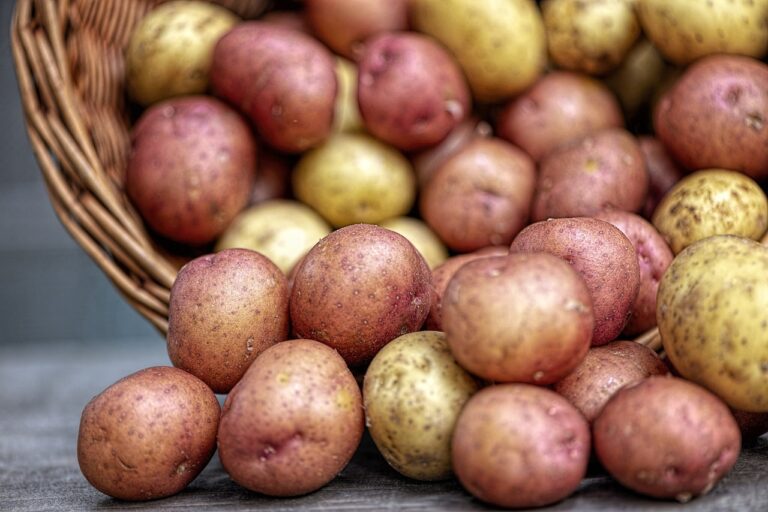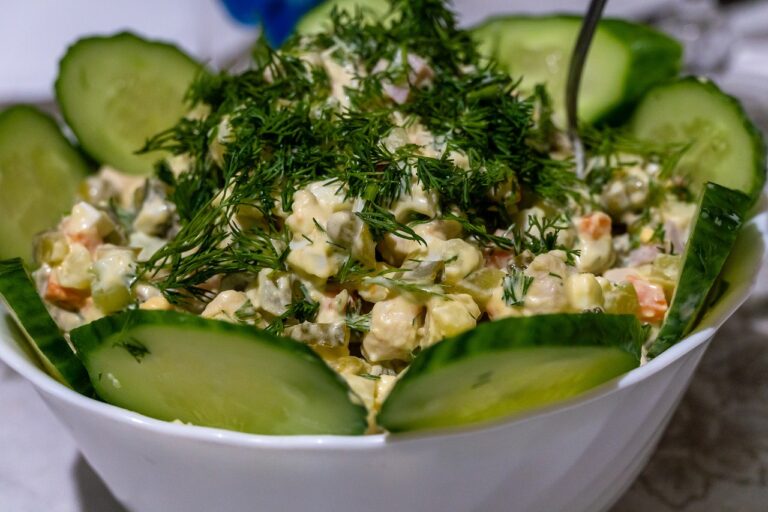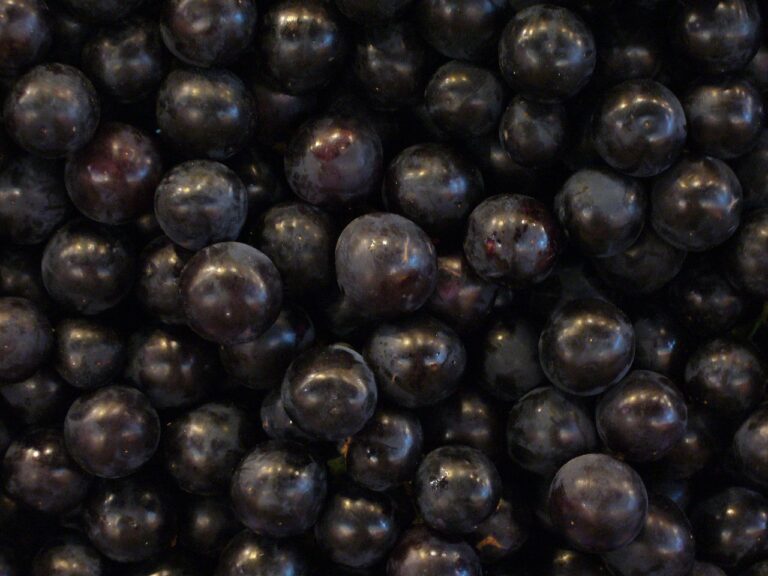Fermented Foods and Cultural Revitalization: Preserving Culinary Heritage Through Traditional Practices
11xplay, diamondexch9 com, sky exchange sign up: Fermented Foods and Cultural Revitalization: Preserving Culinary Heritage Through Traditional Practices
In recent years, there has been a growing interest in fermented foods and their potential health benefits. But beyond the trendy buzz surrounding products like kombucha and kimchi, fermented foods have a deep-rooted connection to cultural heritage and tradition. In many cultures around the world, fermented foods have been a staple in diets for centuries, playing a crucial role in preserving both food and culture.
Fermentation is a natural process that uses microorganisms like bacteria and yeast to break down sugars and carbohydrates in food, creating unique flavors and textures. This process not only enhances the nutritional value of the food but also extends its shelf life. For many communities, fermented foods have been a way to feed large families through harsh winters or to preserve seasonal abundance for later use.
As our food systems become increasingly industrialized and homogenized, there is a danger of losing traditional food knowledge and practices. Many traditional fermented foods are at risk of being forgotten, replaced by more convenient, but less nutritious options. By preserving and promoting traditional fermentation practices, we can not only reconnect with our culinary heritage but also support local economies and sustainable food systems.
Heading: Fermented Foods Around the World
Fermented foods are a common thread that ties together diverse cultures around the world. From sauerkraut in Germany to miso in Japan, almost every country has its own unique fermented delicacies. In Korea, kimchi is a staple side dish made from fermented vegetables like cabbage and radishes, while in Ethiopia, injera is a sourdough flatbread fermented with teff flour.
Heading: The Health Benefits of Fermented Foods
Beyond their cultural significance, fermented foods offer a range of health benefits. The fermentation process produces beneficial probiotics that support gut health and digestion. These probiotics have been linked to improved immune function, better nutrient absorption, and even mental health benefits. Fermented foods are also easier to digest, making them a great option for individuals with sensitive stomachs.
Heading: Fermentation as a Sustainable Practice
Fermented foods are not only good for our health but also for the planet. The fermentation process can help reduce food waste by preserving perishable ingredients and extending their shelf life. By promoting traditional fermentation practices, we can support small-scale farmers and producers who use sustainable farming methods and preserve biodiversity.
Heading: Reviving Traditional Fermentation Practices
In many communities, traditional knowledge of fermentation has been passed down through generations. By reviving these practices, we can preserve cultural heritage and promote food sovereignty. Organizations like Slow Food International work to support small producers and traditional foodways, ensuring that these valuable traditions are not lost in the face of industrialization.
Heading: Fermented Foods in the Modern Kitchen
While traditional fermented foods are a key part of cultural heritage, there are also many ways to incorporate fermentation into modern cooking. Home cooks can experiment with making their own yogurt, pickles, or sourdough bread, adding a unique twist to familiar recipes. With the rise of fermentation workshops and online resources, learning to ferment at home has never been easier.
Heading: FAQs
Q: Are all fermented foods healthy?
A: Not all fermented foods are created equal. Some commercial fermented products may contain added sugars or preservatives that can negate the health benefits of fermentation. It’s important to choose naturally fermented foods with minimal additives.
Q: Can anyone ferment food at home?
A: Yes, fermentation can be a fun and accessible way to experiment with food. With basic tools like mason jars and a bit of patience, anyone can try their hand at fermenting vegetables, fruits, or even dairy products.
Q: Are fermented foods safe to eat?
A: When done properly, fermentation is a safe and time-tested method of food preservation. However, it’s essential to follow proper hygiene practices and guidelines to prevent contamination and ensure the safety of fermented foods.
In conclusion, fermented foods are not just a culinary trend but a valuable link to our cultural heritage. By preserving traditional fermentation practices, we can support local economies, promote sustainable food systems, and reconnect with the flavors and traditions of our ancestors. So next time you reach for a jar of fermented pickles or a bowl of miso soup, remember that you’re not just nourishing your body but also preserving a piece of history.







